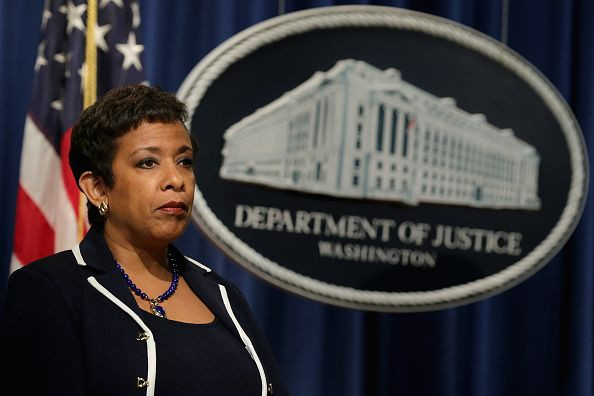Tech Giants, Including Apple And Google, Headed To White House For Anti-Terror Talks

Silicon Valley’s biggest tech companies on Friday are slated to meet with White House officials, as well as representatives from the U.S. Department of Justice and FBI, to discuss how the tech industry can help prevent terrorists from using social media, smartphones and other computer-based tools to plan attacks.
Terrorists’ use of technology has been a key issue for the industry and law enforcement for some time. And it became much more urgent in the wake of the terror attacks in Paris and San Bernardino, California, late last year.
Tashfeen Malik, one of the shooters involved in the San Bernardino attack, had sent at least two private messages on Facebook to some of her Pakistani friends in 2012 and 2014, pledging support for jihad. The terrorists who struck Paris are thought to have used encrypted cellphones and apps to coordinate their deadly strike.
A number of lawmakers, including Dianne Feinstein, D-Calif., vice chair of the Senate Select Committee on Intelligence, have called on tech companies to be more aggressive in finding ways to stop terrorists’ use of products like smartphones and social networks.
Republican presidential candidates have also weighed in, with Jeb Bush, Marco Rubio and Ted Cruz saying Silicon Valley needs to do more in the war on terror.
It was not exactly clear which issues will be covered by the talks, which were first disclosed by Politico.
Among the possible topics are encryption, the restoration of the National Security Agency’s ability to collect metadata from domestic phone calls, and whether social media networks like Facebook and Twitter have an obligation to monitor their services for terror-related activities.
Silicon Valley has generally resisted lawmakers’ calls to make more user data available to authorities, but the talks indicate that the industry may be looking to get ahead of any forthcoming legislation. There are a number of bills on the Hill that would require tech companies to cooperate more fully with requests for data.
© Copyright IBTimes 2025. All rights reserved.




















